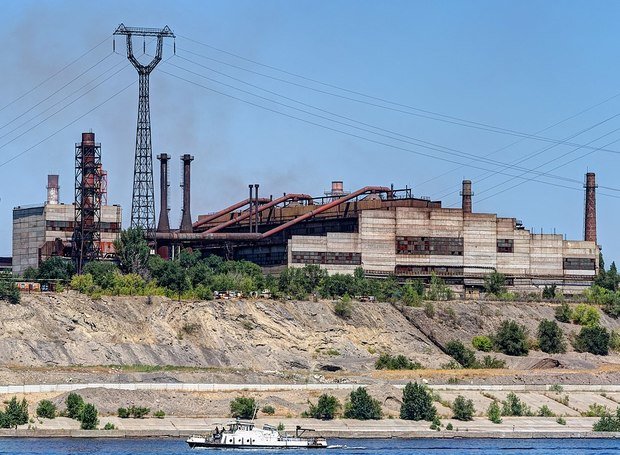Dozens of factories can be shut down in Russia during FIFA World Cup
Companies notify of ''disagreeable social and economic consequences''
The upcoming FIFA World Cup is an extremely popular sporting event, and Russian local and federal authorities are seeking to ensure maximum safety for tourists. They are even ready to make a financial sacrifice: many industrial sites around 11 cities hosting the cup's matches can be shut down for several weeks. Meanwhile, the businesses express their concern about possible risks of the involuntary break.
Russia is considering shutting down dozens of large factories to avert accidents and the threat of terror attacks during this year's World Cup, claims AFP. A government directive providing guidelines for different types of enterprises from nuclear and chemical facilities to companies transporting hazardous cargo was prepared last year following a presidential decree on special security measures. These measures should assure ''a higher level of protection than those defined by the Russian government's approved anti-terror requirements'' in all 11 cities that will host matches.
The move itself isn't new: in 2008, China closed polluting plants and coal mines across the country for two months to get rid of smog over Beijing for the Summer Olympics. However, industrial property owners are afraid of losing money. Head of the Russian Union of Industrialists and Entrepreneurs (RSPP) Aleksandr Shokhin said that the union was receiving letters from companies ''expressing concern about possible risks during the implementation of this government decree". According to AFP, the RSPP appealed to the government for additional information to avoid ''unfounded shutdowns of company operations'' and warned of ''extremely disagreeable social and economic consequences'' if the guidelines are applied in full.
On 29 January, the governmental supervisory body on ecological, technological and nuclear issues Rostekhnadzor announced that the restrictions would only cover activities of organisations on the list of highly dangerous facilities. However, such a list doesn't actually exist, as Russian industrial safety regulations do not use the term ''highly dangerous facilities''. Besides, shuttering chemical plants and other high-risk enterprises is simply dangerous, alert security analysts.
The restrictions could affect hundreds of plants, stated Kommersant business daily adding that companies were making up their best excuses to stay open. For example, an unidentified factory near Saransk warned that it was wiser to keep its workers busy instead of ''roaming the streets with nothing to do, unhappy about being sent on unpaid vacation''.
Other companies, for example, Red October steel plant in Volgograd, which accounts for 40% of Russia's stainless steel, said they were complying. ''We are completely stopping for the World Cup,'' said Red October's Director General Igor Sizov. He added that everybody would go to watch football.
 Large factories such as Red October steel plant in Volgograd can be shut down for several weeks. Photo: Alexxx1979
Large factories such as Red October steel plant in Volgograd can be shut down for several weeks. Photo: Alexxx1979